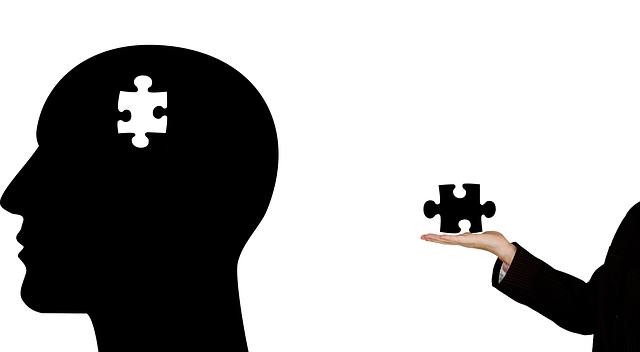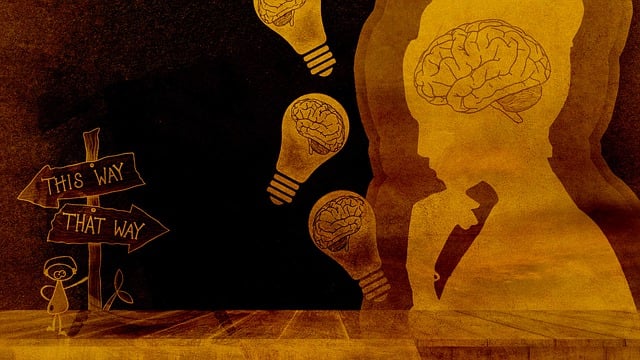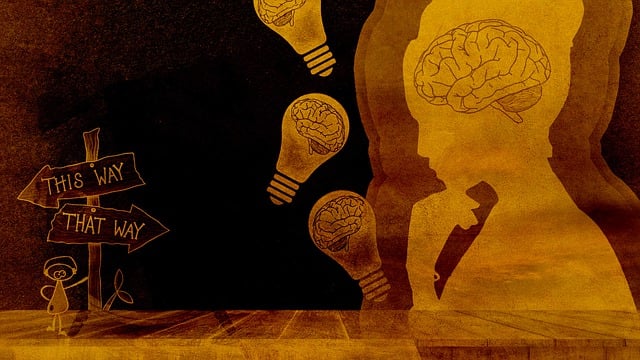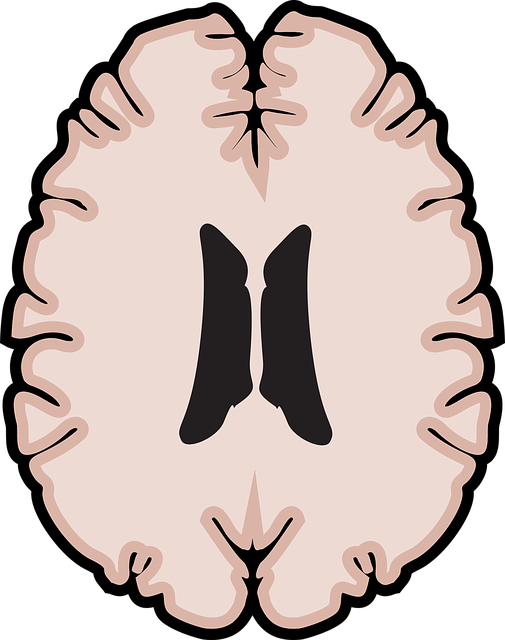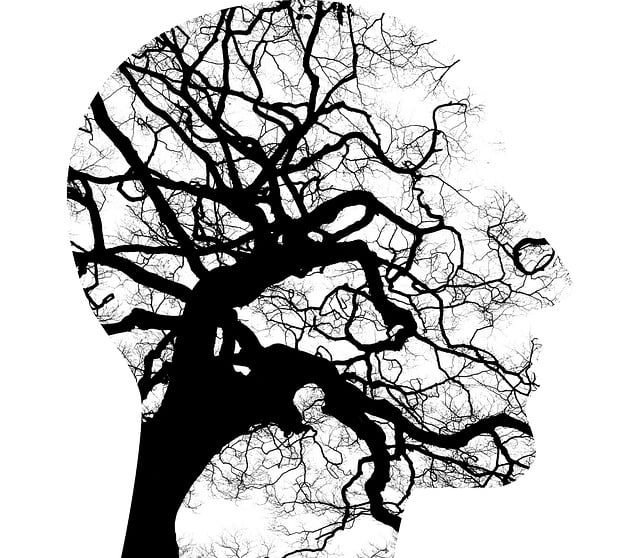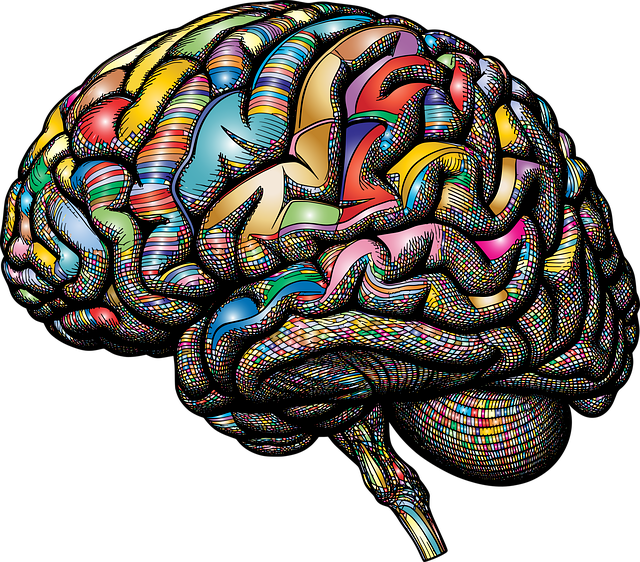The divorce experience poses unique challenges for elderly individuals, leading to emotional distress, loneliness, and financial strain. Healing requires specialized therapy focusing on empathy, compassion, and social connection reconstruction. Post-divorce therapy offers a safe space for emotional processing, self-esteem rebuilding, and exploring new communities and purposes. Advocacy initiatives promote early mental health care access for elders, destigmatizing help-seeking and addressing loneliness, isolation, and depression risk factors through tailored programs and risk assessment tools. These strategies empower seniors to thrive post-divorce with enhanced mental wellness and dignity. #TherapyForEldersDivorce
Mental health advocacy initiatives play a vital role in supporting seniors navigating the unique challenges of divorce. This complex transition often leaves individuals grappling with emotional distress, isolation, and reduced quality of life. The article delves into recognizing these specific obstacles faced by the elderly and explores therapy’s crucial role in post-divorce recovery. Additionally, it highlights advocacy efforts designed to enhance access to mental health care for elders, focusing on Therapy for Elders Divorce as a game-changer in fostering resilience and well-being during this life transition.
- Recognizing the Unique Challenges of Elderly Divorce
- The Role of Therapy in Supporting Mental Health Post-Divorce
- Advocacy Initiatives to Enhance Access to Care for Elders
Recognizing the Unique Challenges of Elderly Divorce

The divorce experience is uniquely challenging for elderly individuals, often presenting complex emotional and social issues that require tailored support. As people age, they may have built a profound sense of identity and community within their marriages, making separation an unexpected and disorienting turn of events. This transition can lead to feelings of loneliness, isolation, and a significant loss of social structure. Many elderly individuals might also face financial challenges post-divorce, adding another layer of stress and impacting their overall well-being.
The process of healing from divorce in later life involves specialized empathy-building strategies and compassion cultivation practices. Encouraging social connections and fostering inner strength development can be transformative. Therapy for elders dealing with divorce should focus on creating safe spaces to process emotions, rebuild self-esteem, and explore new sources of community and purpose.
The Role of Therapy in Supporting Mental Health Post-Divorce

Post-divorce, individuals often experience a myriad of emotions and challenges that can significantly impact their mental health. Here, therapy plays a pivotal role in supporting folks through this transition period. Professional counseling offers a safe space for elders to process their feelings, gain insights into their experiences, and develop coping strategies tailored to their unique situations.
Through evidence-based therapeutic approaches, such as cognitive-behavioural therapy (CBT) or trauma-focused care, individuals can navigate the complexities of divorce, enhance their mental wellness, and build resilience. This support is crucial for fostering mental health awareness and ensuring that elders receive the necessary tools to thrive post-separation. By addressing underlying issues and promoting healthy coping mechanisms, therapy empowers folks to move forward with dignity and improved emotional well-being.
Advocacy Initiatives to Enhance Access to Care for Elders

Advocacy initiatives play a pivotal role in ensuring elders have access to essential mental health care services, addressing unique challenges they face, such as loneliness and isolation, which can exacerbate existing conditions like depression. Many organizations are championing for improved accessibility by promoting early intervention programs and therapy for elders, especially those going through life transitions like divorce. These efforts aim to destigmatize seeking help and encourage open conversations about mental wellness among the elderly population.
Additionally, the development of mental wellness coaching programs tailored for seniors can provide much-needed support. Risk assessment tools for mental health professionals also contribute to identifying at-risk elders early on, facilitating timely interventions. By integrating these advocacy strategies, communities are fostering an environment where depression prevention becomes a priority, ultimately enhancing the overall mental health and well-being of older adults.
Mental health advocacy initiatives play a pivotal role in ensuring that elders, especially those navigating divorce, receive the support and care they need. By recognizing the unique challenges they face, promoting access to therapy for elderly divorce, and fostering comprehensive advocacy, we can enhance their well-being and promote a healthier, more supportive society. These efforts are crucial in helping individuals rebuild their lives and find peace amidst life’s transitions.
